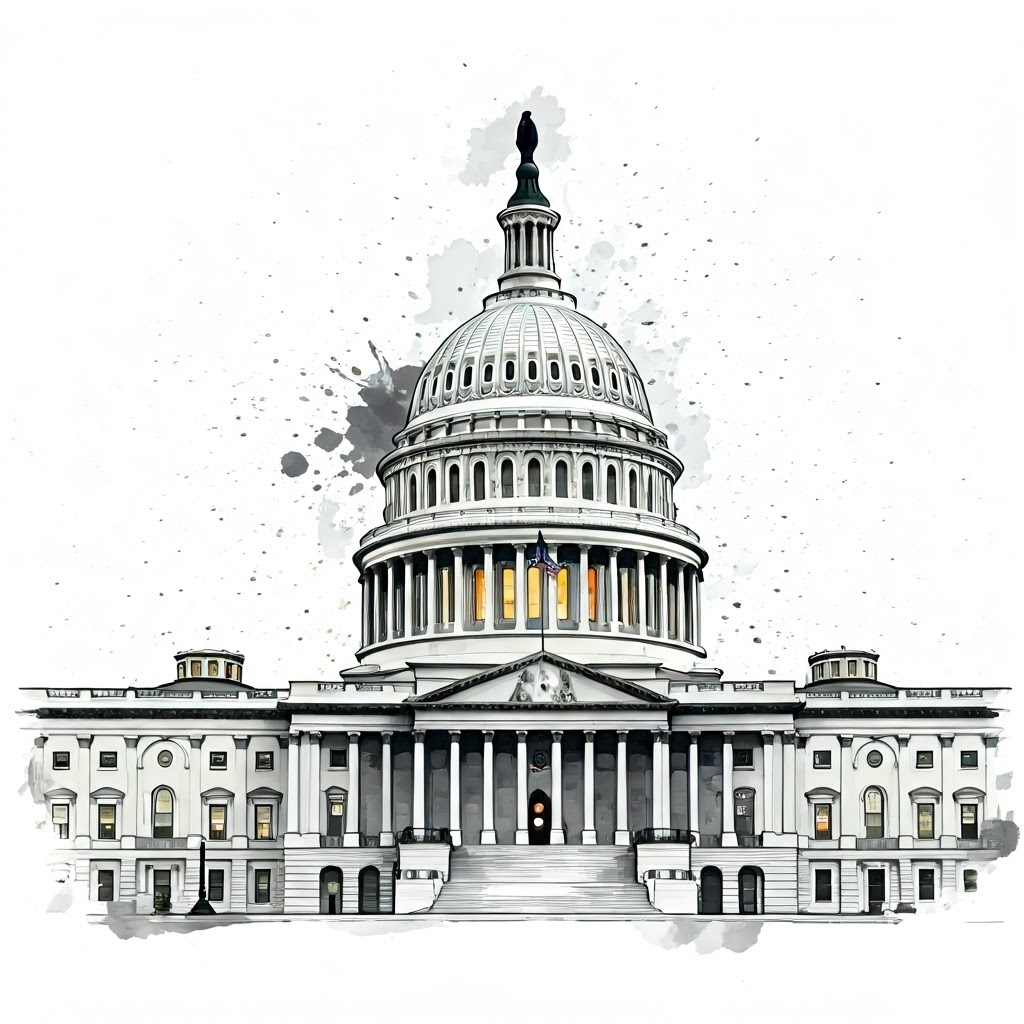The Nigerian political landscape is heating up as a chieftain of the All Progressives Congress (APC), Kassim Afegbua, has called for the North to step aside and allow the South to complete its eight years in power. Afegbua’s statement comes amidst ongoing debates about power rotation and the upcoming 2027 elections.
Key Takeaways:
- APC Chieftain Kassim Afegbua calls for the South to complete its 8-year presidency.
- Afegbua accuses PDP of breaking its power rotation agreement by fielding Atiku in 2023.
- The statement sparks controversy and reignites the debate on power sharing in Nigeria.
Afegbua’s Argument: PDP’s Broken Promise
Afegbua, in a recent interview, argued that the North should not even be considering the 2027 presidency. He pointed to the Peoples Democratic Party (PDP)’s decision to field Alhaji Atiku Abubakar, a northerner, as its presidential candidate in the 2023 election as a breach of the party’s own constitution. Afegbua emphasized that Article 7, Section C of the PDP’s constitution mandates power rotation between the North and the South.
Fallout From 2023: The Center Cannot Hold
The PDP’s decision to put Atiku forward, according to Afegbua, disrupted the established political order. He believes this move, driven by a perceived winnability factor, has created instability within the party and the broader political system. “Since then, the center cannot hold,” he stated.
Implications for 2027: South’s Turn
Afegbua’s comments come at a time when the Secretary to the Government of the Federation (SGF), George Akume, has made similar calls for the North to concede the 2027 presidency to the South. This has drawn sharp criticism from Atiku’s camp, who argue that President Tinubu’s performance does not justify re-election. While some analysts consider power rotation crucial for national unity and stability, others believe it can limit voters’ choices and that merit should be paramount. Afegbua’s call adds fuel to the fire, emphasizing the ongoing tension within the Nigerian political landscape.
The Debate on Zoning: Fairness vs. Meritocracy
The debate surrounding power rotation, often referred to as zoning, is a perennial issue in Nigerian politics. Proponents argue that zoning ensures equitable representation and helps prevent the domination of political power by any single region or ethnic group. Critics, however, contend that it can lead to the selection of less qualified candidates and that competence should be the primary criteria for leadership positions.
What’s Next?
The conversation around the 2027 presidency is far from over. As political alliances shift and potential candidates emerge, the issue of zoning will continue to be a central point of discussion. It remains to be seen whether Afegbua’s call, echoed by other voices in the political arena, will gain traction or whether merit-based arguments will carry more weight. Only time will tell what unfolds in the lead-up to 2027.





